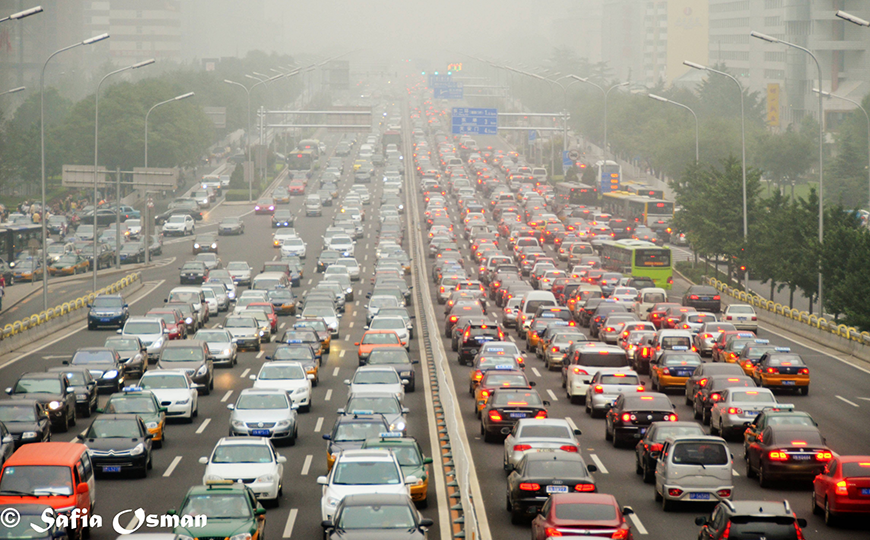Confronting Climate
& Animal Impact
Ensuring a sustainable future for kids.
Having Kids works with cities and communities to improve their climate change policies by including child-centered family planning measures. We also campaign for updated policy recommendations from the United Nations and other government organizations.
Fact: Better family planning is the best way to mitigate climate
Do you have the right to protect yourself and the ones you love from the threat of climate change? Yes, you do. Having Kids promotes direct action to break the malaise that created the environmental crises of today, as well as to protect every child’s fundamental human right to a fair start in life. Take action to protect yourself and the ones you love, and push for better family planning and the Fair Start model today.
Having Kids is urging environmental and animal protection organizations to adopt a public position on family planning before. Want to take action? If you are a member of environmental and/or animal protection organizations politely encourage those organizations to meet the Having Kids Earth Day Challenge.
CALL FOR UNITED NATIONS STATEMENT
As the United Nations Commission on Population and Development meets in New York, Having Kids is urging
Why do our tax policies still nudge women to have as many kids as they can, irrespective of the impact on the environment, the needs of future children for certain minimum levels of wellbeing in which to develop, and opportunities in life equal to their peers? Why have those policies not been updated to reflect the advent of climate change, developments in the science of early childhood development, the threat to equality posed by reproductive technologies, etc? Take action for better tax policies here.
Having Kids is partnering with the Institute for Human-Animal Connection at the University of Denver to research individual impact on other species with Dr. Sarah M. Bexell. This research will go further than previous efforts to consider the cost to other species. This information will make a clear case to policymakers, economists, conservationists, environmental and social scientists, the philanthropic community, local communities, and citizens of the urgent need for consequential behavior change in terms of family planning and family size.
TAKE ACTION
Ask the U.N. to recommend smaller families for a sustainable future for all kids.

